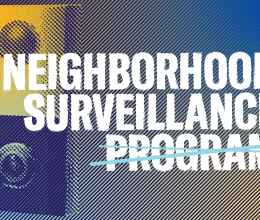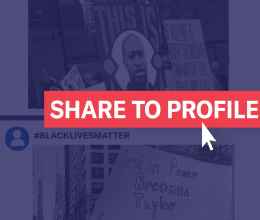
An article this week in the Huffington Post provides some clarity around the recent legislation that replaces the Illinois eavesdropping law struck down by the Illinois Supreme Court in the Spring. As the story makes clear, the bill prohibits the recording of any conversation where there is a reasonable expectation of privacy. Public officials such as police officers can be recorded, as they are performing a public duty in a public place. Conversations where there is a reasonable expectation of privacy require all-party consent, under the measure. The article also goes on to explain the more pressing concerns the ACLU of Illinois has expressed about this bill:
However, the ACLU expressed concern that the new bill "significantly expands" police eavesdropping by allowing law enforcement and informants to record or capture certain private conversations for 24 hours before a warrant is necessary, in the event of certain serious crimes and with the approval of a state attorney. Previously, such requests required the prior approval of a judge, whose role -- unlike a state attorney's -- is outside law enforcement.
Read the article.
Read the ACLU of Illinois' statement regarding the eavesdropping bill.



